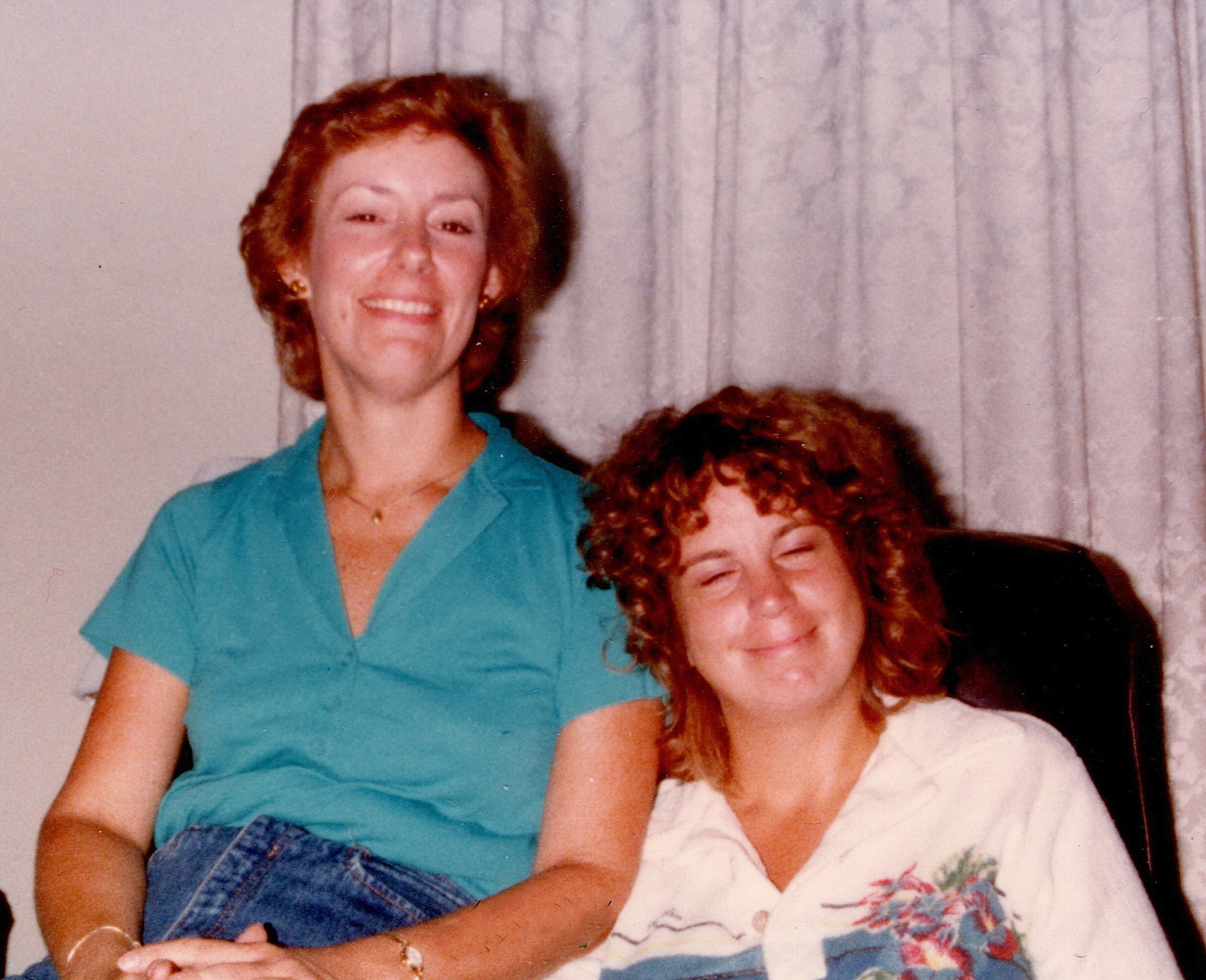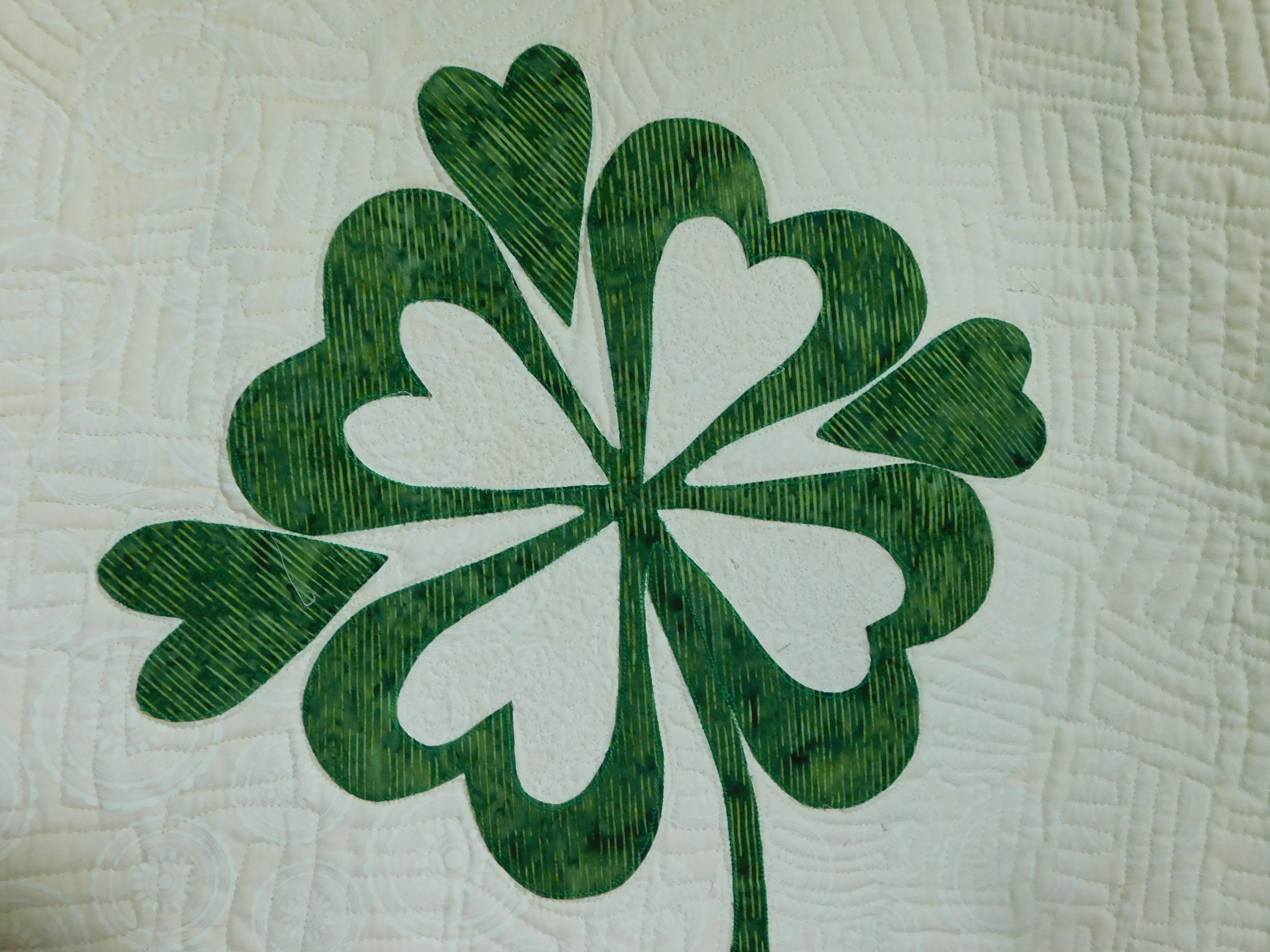My single life began when I moved away from home at the age of twenty-three. It would be difficult to consider writing about this time in my life because it was a time of newfound independence and self-awareness. To be clear, I did what I wanted when I wanted and did it the way I wanted to do it. I found my path in life through excess and self-indulgence. I do not regret it for one minute and will not apologize for anything I did during that time. I have many secrets that I could reveal, but what would that accomplish?
My life between 1972 and 1983 were years that I would challenge anyone to try and equal. Socially, I was always busy. I rarely stayed home and sought relationships that had meaning and excitement. I was involved in the daily routine of work, Women’s Rights activities, and volunteer work. I worked on Republican and later Democratic (after I came to my senses) politics and minor Union activities. I traveled around Florida and Georgia for pleasure and adventure (not easily found) and attended schools in Atlanta, Albany, NY, and Miami for work. I attended Florida Junior College during this time, taking advantage of dozens of concerts, lectures, and plays offered to students weekly for little or no money. It was great fun.
I was involved in a theatre group called The Players-by-the-Sea, doing almost everything except acting. I had my only acting part at South Georgia College, playing the role of Miss Cratchet in “Gypsy.” The acting was not particularly rewarding because I was terrible at it. Instead, I hung from the rafters of the old Beaches Theater, wiring lights and working in the sound and light booth. I designed and drew posters for various plays, sold tickets in the ticket booth, helped with costumes, gathered properties, and read lines with the actors. I planned cast parties and met people who I still know today. I was on the Board of Directors, acting as Secretary, and found a rewarding and active social life working at the theater. I partook in everything there was to participate in and had so much fun.

Vilano Beach - 1981

My best friend Alison
I lived in three different apartments in the 1970s. My favorite was in Riverside at 859 May Street. It was an old building that had been renovated and suited my life perfectly. My back door faced the Cummer Gallery, and it was close to work and the movies in Five Points. I loved walking and riding my bicycle after work and loved the parties held by Riverside Preservation. In addition, I volunteered to work for the Florida Theatre Restoration and was an assistant Girl Scout leader for a troop sponsored by the Telephone Pioneers.
My favorite parties were the Union Station Celebration celebrating the renovation and re-opening of the old train station and the re-opening after the renovation of the Florida Theater. The train station on Bay Street was where we picked up my grandmothers when they visited from Pittsburgh. I took the train to Savannah with the Girl Scouts and Tallahassee on the weekends to visit my friend, Myra. I also volunteered for the Greater Jacksonville Open and the TPC, working on a leaderboard. I also followed a foursome of professional golfers turning their scores into the media. I had the players’ names written down on my unofficial scorecard as “blue sweater, red sweater, black golf shirt,” as I had no idea who they were. They were professional players who had not yet made the cover of Golf Magazine. After the cold morning air warmed up, off came the sweaters, and I was at a loss as to who was who I was following. I was told that in the future, it might be better to write down the color of the pants they were wearing. I lied to get that coveted volunteer assignment, telling them I played golf. I had to take a crash course on scorekeeping from my high school gym textbook and familiarize myself with the rules of golf the night before. My dad gave me a hand with that.
I made new friends at all of these places, both men and women. When I wasn’t busy with friends, I would wear my bikini, grab my radio, and head for Seminole Beach on Sunday mornings. I loved the hot sun on my skin and Casey Kasem’s radio show “America’s Top 40” in my ear. Just me, the sun, a blue sky, and my radio made for a perfect Sunday morning.
I can’t explain the 1970s. It was wild. It was crazy. It was fun. It was irresponsible. I wouldn’t have missed it for the world. I found the following article about the 1970s by CNN’s Sally Kohn. It is a clear, concise picture of the times. These were my times.

Having fun on Patrick’s Day in Savannah Late 1970’s
……………………………………………………………………………………….
CNN July 21, 2015 -” To borrow a cliché, the 1970s was all about sex, drugs and rock and roll. But arguably, it was the sex part that had the most enduring and profound effect on American society. The 1970s saw the convergence of several phenomena related to sex, sexuality and gender. There was the women’s liberation movement, in which women and girls who had been long told they were the inferior sex finally took to the streets, the courts and the voting booths to assert their equality.
In 1970, the first Women’s Liberation Conference took place in England — the same year that Germaine Greer published “The Female Eunuch” and Robin Morgan published “Sisterhood Is Powerful, An Anthology of Writings from the Women’s Liberation Movement.” The next year, the first women’s liberation march took place.
There also was sexual liberation, which had something to do with women liberating themselves in the bedroom, too, but had as much to do with loosening norms around sex. In 1960, half of 19-year-old women who were unmarried had not yet had sex. By the late 1980s, as Nancy Cohen pointed out, two-thirds of all women had done the deed by age 18. Cohen also noted that the invention of the birth control pill in the 1960s helped pave the way. Within five years after the first pill went on the market in 1960, 6 million American women where faking it. These women and others, and their male partners, entered the next decade literally with a radically different experience of sex and freedom.
Arguably, one of the quintessential songs of the 1970s captures all perspectives on the sexual revolution. “Aaaaaah, FREAK OUT!” sang the band, Chic, in their 1978 chart topper. While the old guard was certainly freaking out about the quickly and wildly shifting terrain of traditional American values, those doing the shifting were enjoying the ride. The song almost mocks those who are actually freaking out, turning their angst into a dance craze. “Come on along and have a real good time,” The moral ground you feel shifting below you? Think of it more as a sensual undulating and get with the groove.
It’s easy to look back and see the boundaries of the era’s aspirations. The Vietnam War, in the 1970s, and AIDS, in the 1980s, killed people and rightfully became preoccupying life-and-death issues. Complete sexual liberation and the brave new peaceful world a generation longed for ran headlong into hard and brutal reality.
In hindsight, the movements of the 1970s were much more about cultural triumphs than they were about legal and political changes. That the idea of women’s equality is more widely accepted today than it was 40 years ago is a victory. Yet the fact that women still earn a fraction of what men earn on average, and women of color even less, that rape and sexual assault remain so prevalent, that access to birth control and abortion and sex education are so actively still contested — these are reminders of how far we have yet to go.
“In the 1970s the sexual revolution was really mostly about sex,” wrote Hanna Rosin. “But now the sexual revolution has deepened into a more permanent kind of power for women.” Or, more accurately I think, at least a sense of personal power. But empowerment hasn’t necessarily translated into real economic and political leverage.
Are there more women running major companies, transgender men and women starring in Hollywood productions, parents nurturing their children’s healthy sexuality and now the nationwide right to marriage equality? Yes! But all around us there are almost daily reminders of the reality of subjugation based on gender, race and sexuality. Without a doubt, women and gay people, but straight men, too, experienced more individual freedom in the 1970s. But that doesn’t mean we are all liberated. Just like one black president or one female president doesn’t mean there’s no more racism or sexism.
Thus perhaps the greatest legacy of the 1970s wasn’t that it set us on a path to a destination — one we clearly haven’t reached yet— but that it defined desire, desire not only for individual, bodily autonomy, self-expression and pleasure but a desire that society fully reflect and respect our freedom. Wherever we are now, with respect to women’s rights and sexual freedom, it is a direct result of the 1970s. And the fact that we’re not satisfied yet is also the legacy of that era. “– Written by Sally Kohn-CNN

4-Leaf Clover Quilt
No comments:
Post a Comment